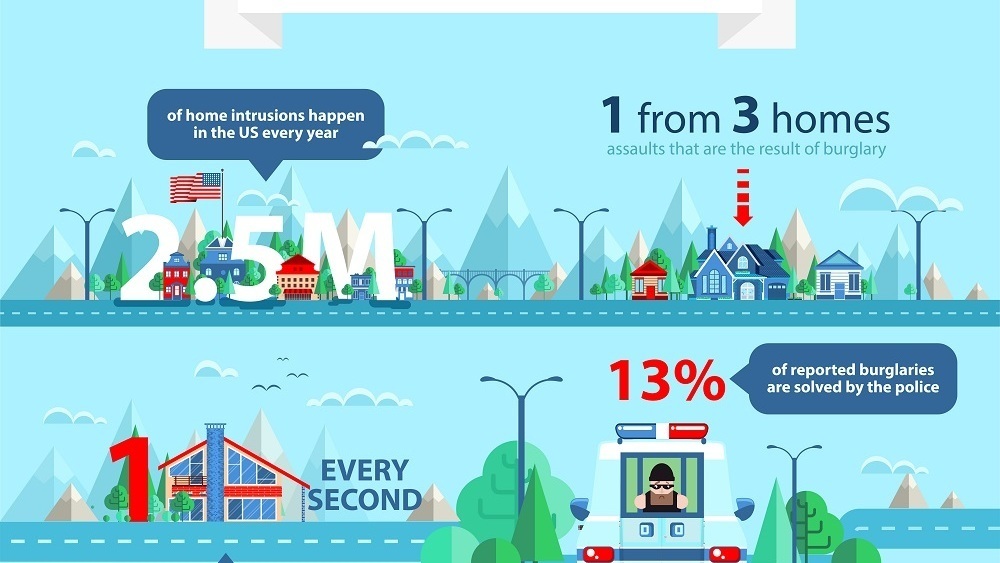Thanks to the internet, finding crime statistics is easier than ever. That’s good news for wary homebuyers who want to make sure they’re moving to a relatively safe area. It’s also a comfort to current homeowners who want to keep tabs on what’s going on in their neighborhood. Here’s a quick primer on how to find your local stats. In the meantime, take comfort in the fact that violent crime in the United States has declined in recent decades.
Information resources. Check www.city-data.com for an overall snapshot of your community, including crime stats and the number of registered sex offenders in the ZIP code, as well as other demographics such as income and education levels, occupations, and household sizes. You can also find out if the crime statistics are above or below average.
Most local and state government agencies also provide crime data that can be found online. Oftentimes, public safety departments will have a database of registered sex offenders plus other crime stats.
Several private websites also collect and publish crime data online. Most are easy to use and can be searched by city or town name or by ZIP code. These sites gather the information from law enforcement but often display it on maps, which can be handy. Check out www.crimereports.com, www.mylocalcrime.com and www.spotcrime.com.
Bear in mind, crimes occur, even in the best of neighborhoods. What you should look for is whether the crimes in your area are above average for the city and state in which you live, and the nature of the crimes. Property crimes, such as theft, are prevalent almost everywhere.
Being proactive. Statistics provide a snapshot of what has happened in the past. What steps can you take to prevent or deter crime?
If there is not already a “Neighborhood Crime Watch” organization established in your area, take the initiative to launch one. The National Crime Prevention Council has a helpful website at www.ncpc.org for establishing a crime watch in your area plus loads of information on how to prevent crimes from occurring. Most local police departments also have officers who will speak at neighborhood meetings about crime prevention.


